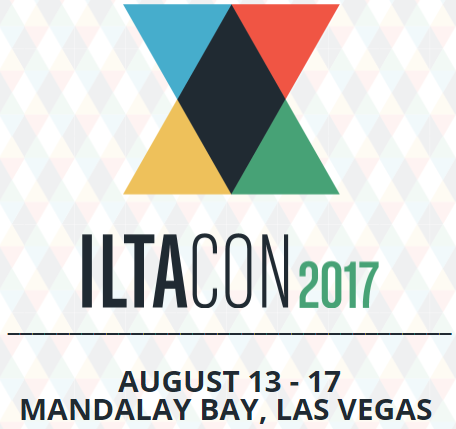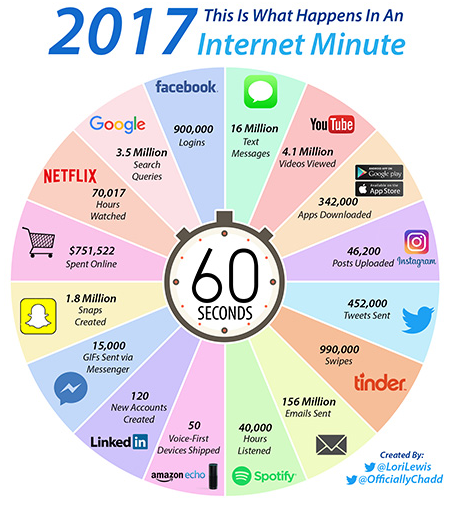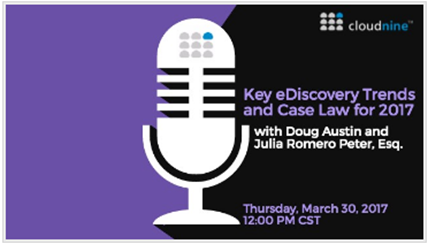Is the eDiscovery Market Growing or Shrinking? Or Maybe SHIFTING?: eDiscovery Trends
If you look at the number of eDiscovery companies that have been merged or acquired over the past couple of years, you might think that the market is shrinking. On the other hand, if you look at the number of venture capital firms investing in the industry and the number of new startups, you might think that the market is growing. So, which is it?
According to the ABA Journal (Market to manage electronic documents in a state of flux, written by Jason Krause), more than 30 major eDiscovery companies were acquired or merged, or they disappeared. But at the same time, venture capital firms poured millions of dollars into startups and upstart companies offering technology to manage electronic documents in litigation. So, with regard to whether the eDiscovery market is growing or shrinking, maybe it’s a bit of both.
Jason’s article observes that “Large corporate clients are resistant to paying millions for litigation support services when a lawsuit arises. Rather, large organizations are investing in tools to manage electronic records before litigation ever happens.” “E-discovery revenue streams and technology are opening up opportunities for companies with a focus on data from the point of creation, rather than just from the point of a legal trigger event,” says (my colleague) Rob Robinson, who (if you read our blog regularly, you already know this) tracks industry investment activity and conducts a quarterly eDiscovery business confidence survey on his excellent website Complex Discovery.
So, maybe it’s not so much that the market is shrinking or growing, as much as it’s shifting. Hmmm…
Jason points to industry estimates as an example that the eDiscovery market isn’t as lucrative, noting that “analysts at IDC Research claimed the e-discovery industry earned $9.7 billion in revenues in 2006 and predicted they would explode and hit $21.8 billion by 2011. But last year, IDC published a new set of figures. It said the industry had only just surpassed $10 billion in revenues, making a much more modest prediction of $14.7 billion in revenue by 2019.”
Jason points to the revised Federal Rules of Civil Procedure as one potential cause for weakened demand from clients, particularly Rule 37(e) and the reduced likelihood for significant sanctions – due in large part to the new “intent to deprive” standard to be met for significant sanctions to be administered. He notes that, because of the rule change, clients “are less terrified of sanctions and less willing to spend big bucks on a service provider who will collect and process massive data sets.” That, in turn, is leading to consolidating of “old-line e-discovery vendors”, like the LDiscovery $410 million acquisition of Kroll Ontrack in October of last year and the $240 million merger of OpenText and Guidance Software in July of this year.
To me, the other factor of change in that equation is automation – we’re seeing automation technology increasingly being applied to both collection and processing, reducing the requirement for the professionals that used to perform those services. At least to a degree, eDiscovery revenue is shifting from services to software (though there is still a need for certain services) and automation and cloud technologies are continuing to make those services more affordable.
However, given the fact that data within organizations is doubling every 1.2 years (but budgets aren’t) and also given how many sources of data there are to manage these days, organizations still have a challenge – how to manage the growing volume and variety of data within the organization to meet the information needs for that organization. As a result, I think we’re seeing a shift (there’s that word again) in focus to the left side of the EDRM model and Information Governance. The need to gain insight into an organization’s data will continue to be strong, regardless of current sanctions rules regarding data spoliation. Maybe that’s one reason why all those venture capital firms are investing – not just for the growth in the eDiscovery market, but also the growth in the InfoGov market as well where many of the same software and services can be applied. When you put both of them together, the future (in my opinion) is still bright. I shift you not. :o)
So, what do you think? Is the eDiscovery market growing or shrinking? As always, please share any comments you might have or if you’d like to know more about a particular topic.

Disclaimer: The views represented herein are exclusively the views of the author, and do not necessarily represent the views held by CloudNine. eDiscovery Daily is made available by CloudNine solely for educational purposes to provide general information about general eDiscovery principles and not to provide specific legal advice applicable to any particular circumstance. eDiscovery Daily should not be used as a substitute for competent legal advice from a lawyer you have retained and who has agreed to represent you.








